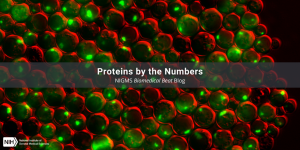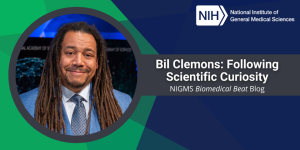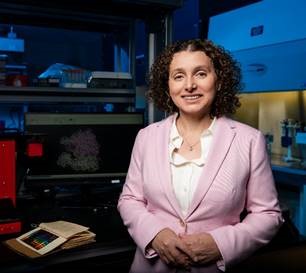
“Being a scientist is thrilling, and it’s also tremendously fun,” says Eda Koculi, Ph.D., assistant professor of chemistry and biochemistry at the University of Texas at El Paso (UTEP). “In my opinion, science is the only profession that allows a person to simultaneously express their creativity, quench their intellectual curiosity, and serve society.” We spoke with Dr. Koculi about how she became a researcher, what she’s uncovering about how ribosomes are built and modified, and how she encourages students to pursue scientific careers.
Get to Know Dr. Koculi
- Coffee or tea? Coffee
- Favorite music genre? Classical
- Salty or sweet? Salty
- Early bird or night owl? Night owl
- Washing glassware in the lab or dishes in your kitchen? Glassware
- What was your childhood dream job? A scientist or a teacher—and I have both my dream jobs.
- Favorite hobby? Hiking
- Favorite piece of lab safety equipment? Geiger counter
- Favorite molecule? RNA
- A scientist (past or present) you’d like to meet? Marie Curie
Q: How did you first become interested in science?
A: My family, teachers, and mentors nurtured and encouraged my interests in science. My family remembers me as a very curious child that would always ask questions and break toys, clocks, and machines to figure out what was inside. Because of my curiosity, love of books, and imagination, they thought I would be a scientist since I was about 5 years old.
When I grew up in Albania, science books were hard to find. At home, my parents had an old chemistry book that was in English. I started reading it using a dictionary when I was about 10 years old, and I learned chemical reactions and processes way before I knew English. I still have the book at home—it reminds me of how my love of chemistry flourished.
Q: What was your path to becoming a researcher?
A: I began my scientific career at the Illinois Institute of Technology in Chicago. My undergraduate thesis was on solid state physical chemistry, and I was convinced I would get my Ph.D. in physical chemistry. But I took an elective biochemistry class that related everything I’d learned in physical, organic, and analytic chemistry to living systems and became fascinated. I was eager to learn more about how living systems function at the molecular level, and I decided to pursue biochemistry.
I obtained my master’s degree in biochemistry from the University of Oklahoma in Norman, where I worked on the Human Genome Project and mapped several genetic variants involved in diseases. I then joined the lab of Sarah Woodson, Ph.D., at Johns Hopkins University in Baltimore, Maryland, for my graduate work on RNA folding. For my postdoctoral work, I changed my focus to the field of protein folding and joined the laboratory of Art Horwich, Ph.D., at Yale School of Medicine in New Haven, Connecticut.
With a solid understanding of molecular biology and the biochemistry of proteins and RNA, I decided to move to another postdoctoral position to tackle the process of how cells assemble ribosomes—the molecular machines that make proteins. For this work, I joined the lab of Olke Uhlenbeck, Ph.D., at Northwestern University in Evanston, Illinois, and I’m continuing this project now in my own lab at UTEP.
Throughout my journey, I have been very fortunate to have had inspiring mentors. They not only helped me grow and excel as a scientist, but they also demonstrated to me the importance of a supporting mentor. I strive to be a similar mentor for my trainees here at UTEP.
Q: What does your lab study?
A: My group investigates how RNA is modified after transcription and how it interacts with proteins. We’re developing techniques to characterize the RNA post-transcriptional modifications that occur when healthy cells transform into aggressive breast cancer cells. We’re also determining all the steps involved in bacterial ribosome assembly. As both basic biochemical processes are important for cancer progression and bacterial survival, my ultimate goal is that my research combining the structural and biochemical data will lead to the discovery of new ways to treat cancer and bacterial infections.
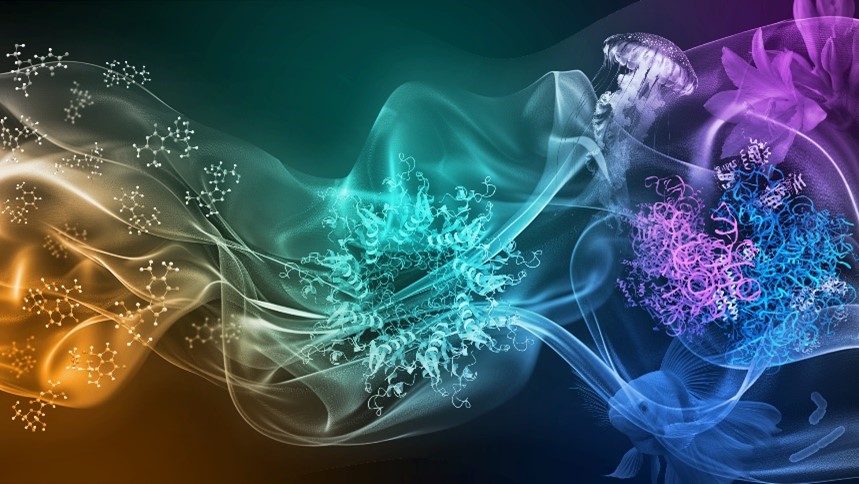
We recently showed that part of ribosome assembly occurs through multiple pathways. Because most antibiotics target ribosomes, this knowledge is important for researchers working to overcome antibiotic resistance through the design of new medicines—they need to target multiple or even all the pathways of ribosome assembly instead of just one. We’ve also built techniques to detect 10 classes of RNA modifications. These modifications differ depending on the cancers or environments, so understanding those differences could help researchers develop specific patient-targeted cancer therapies.
Q: What kinds of challenges have you faced in your career, and how have they influenced your role as mentor?
A: I came to the USA alone and had no family here. I had to support myself through college, sometimes by having multiple jobs. So, the college years were very challenging for me. I asked my academic advisors for guidance on scholarships and the school financial aid advisors for help with tuition and other expenses. In my experience, universities and the scientific community are always supportive and eager to help.
I believe my life experiences have made me a more supportive teacher and mentor. For me, mentoring is a very rewarding process; I feel a tremendous source of pride when my mentees grow as scientists and can think critically, independently, and outside the box about their research. At an institution in which more than half the students are the first generation in their family to attend college and many are from economically disadvantaged backgrounds, I’m able to be a more compassionate and understanding person concerning the challenges that they face because of my personal experiences.
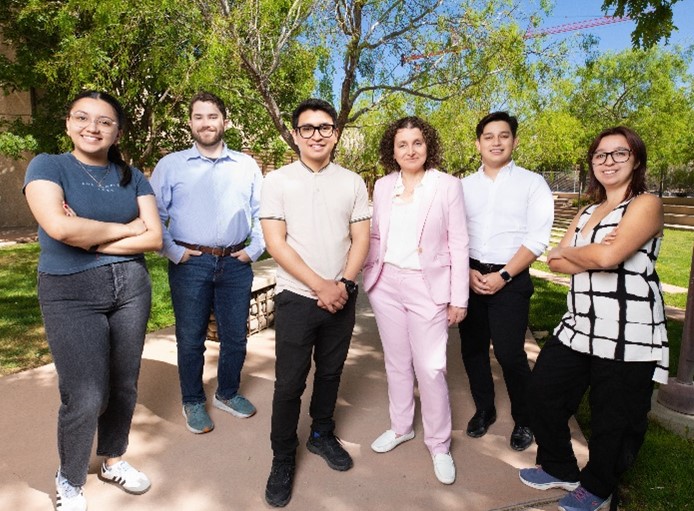
UTEP also has a high population of Hispanic students. I aim to always have a diverse group of people to bring different ideas to the research. Not only is my group composed of people from different ethnicities, but we’re also diverse in the way that we think about science, with backgrounds ranging from organic chemistry to biochemistry to bioinformatics. I appreciate the importance of diversity in science. Scientific groups that are diverse do better science—diversity is required in science.
Q: What advice would you give students who are interested in pursuing a career in science?
A: Choose a project you love, spend all your efforts to achieve your goals, and be brave. Never be afraid of trying a hard experiment, developing a new tool that doesn’t exist, or going against a theory commonly accepted as truth in your field—science is a voyage into the unknown!
And to a student that wants to pursue a scientific career but comes from an economically disadvantaged background like I did, I would say to believe in yourself and ask for help. Your advisor and mentors may know about resources that could help you.
Dr. Koculi’s research is supported by NIGMS through grant R01GM131062.



